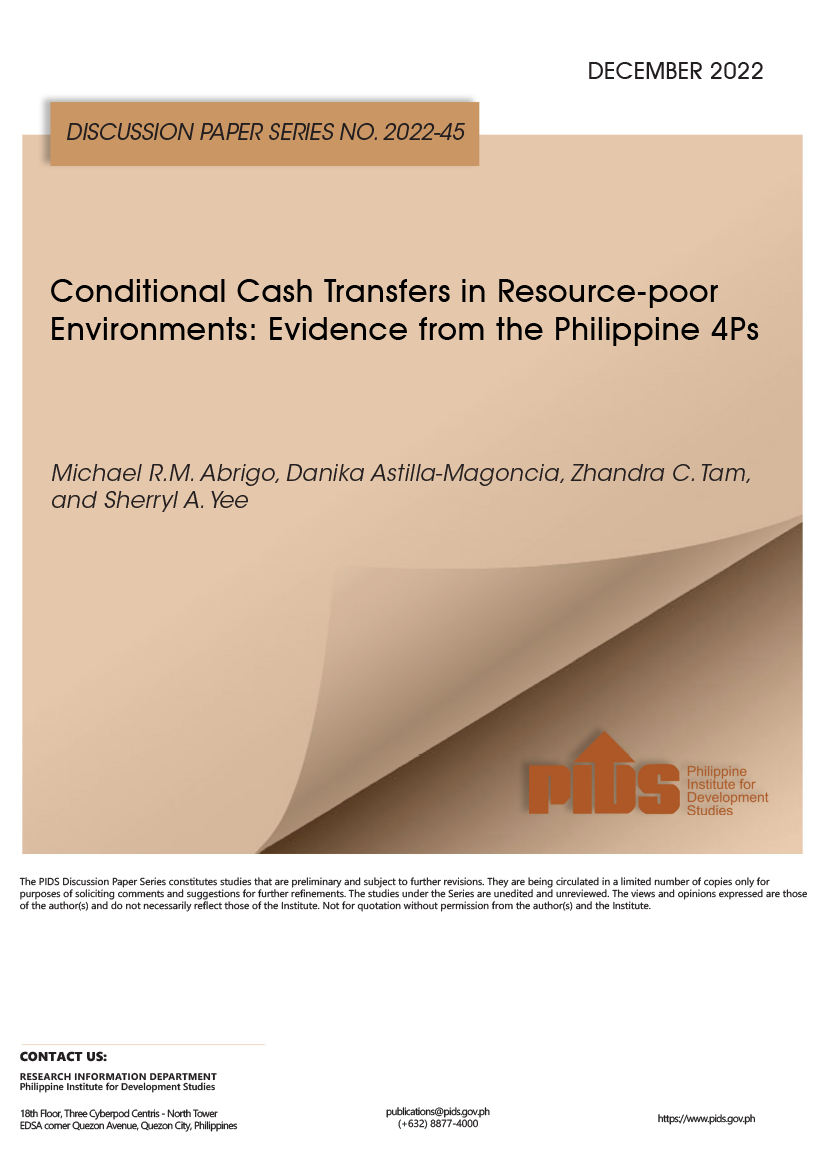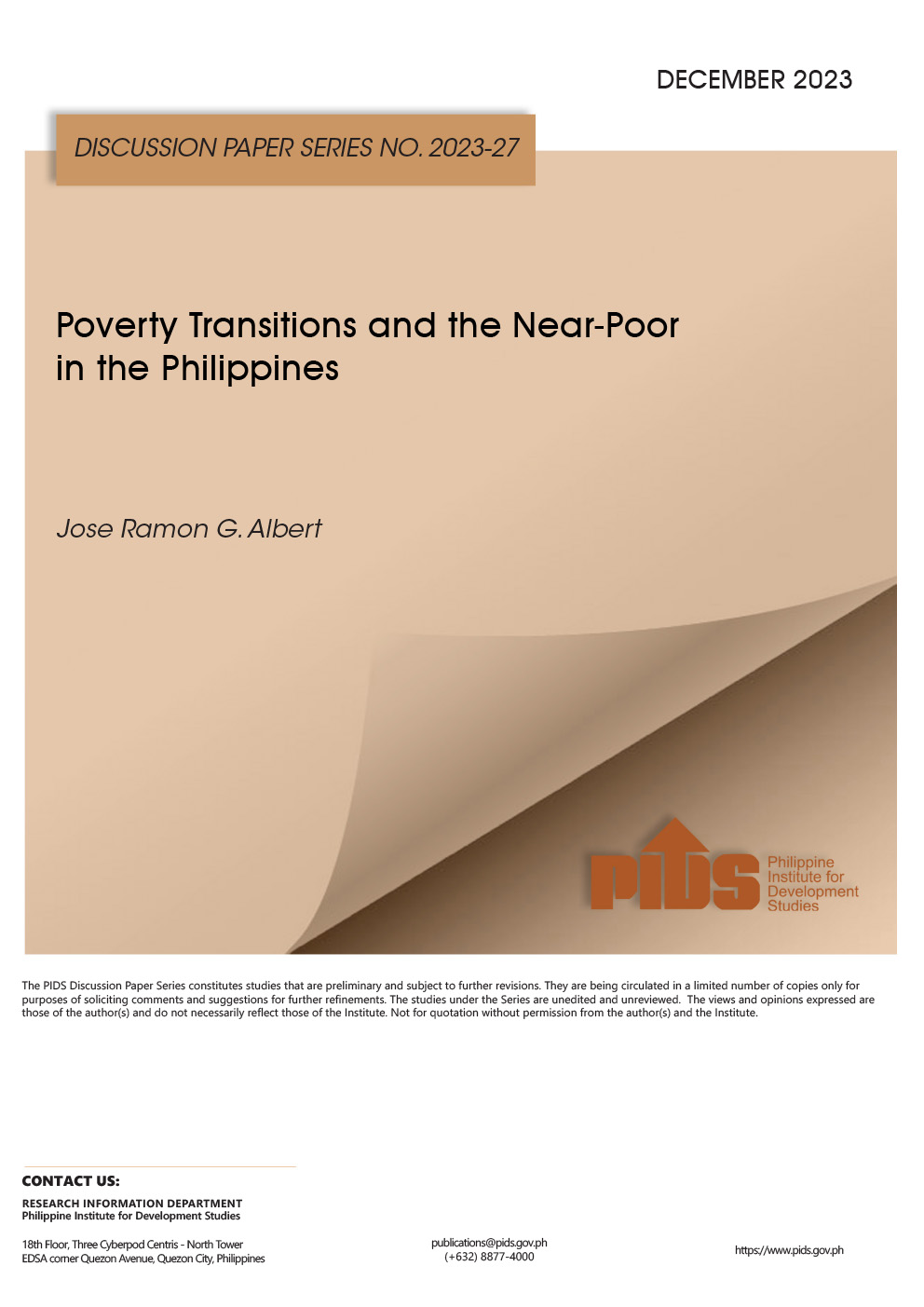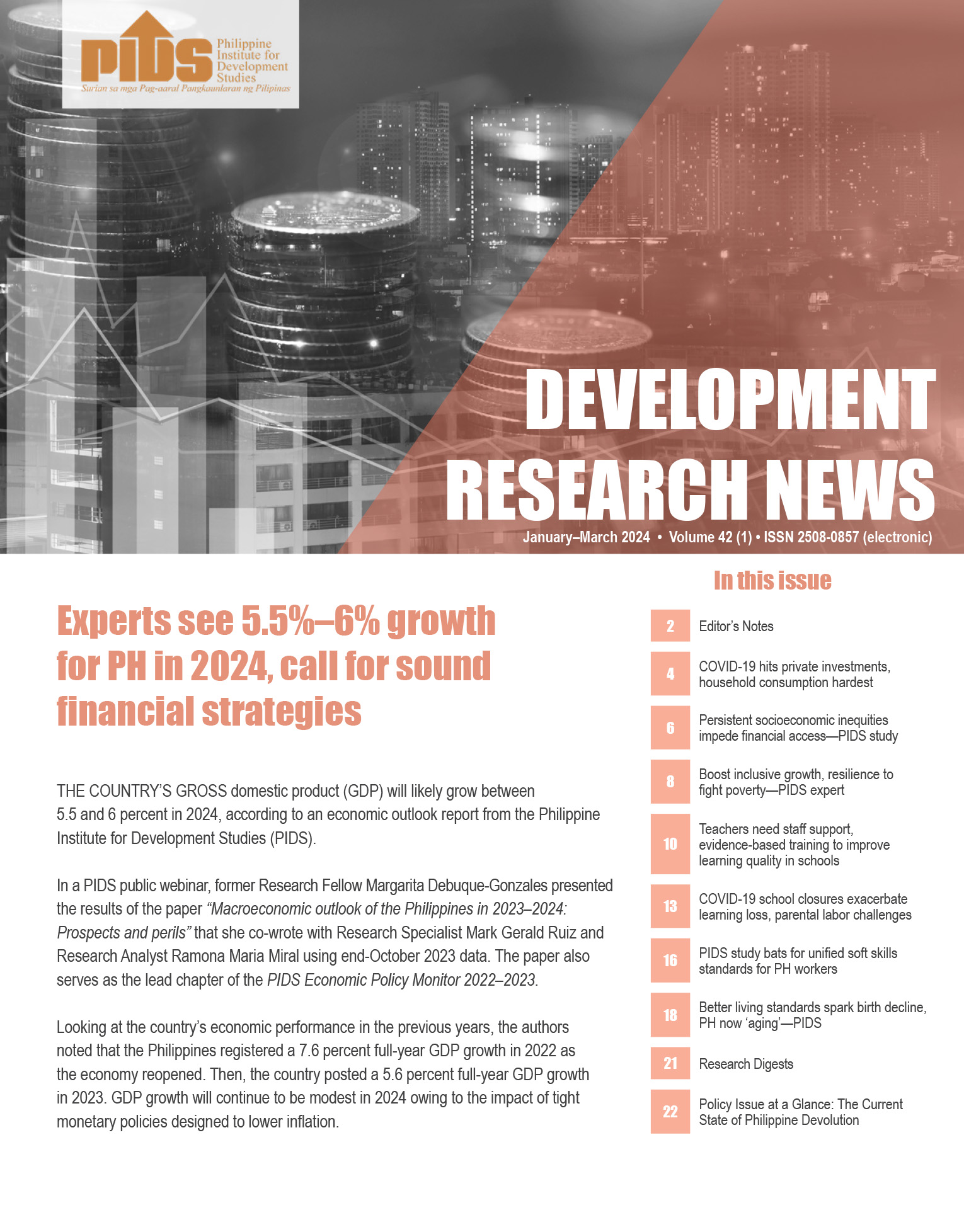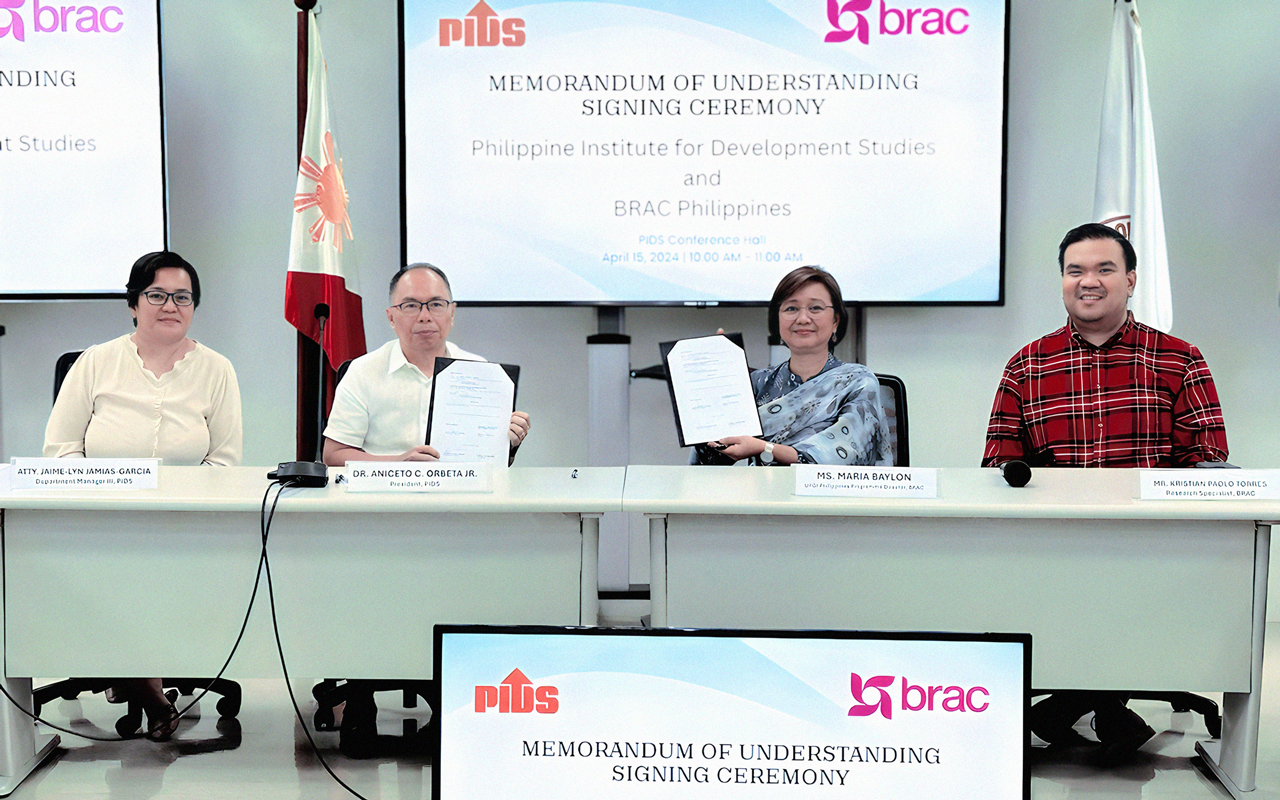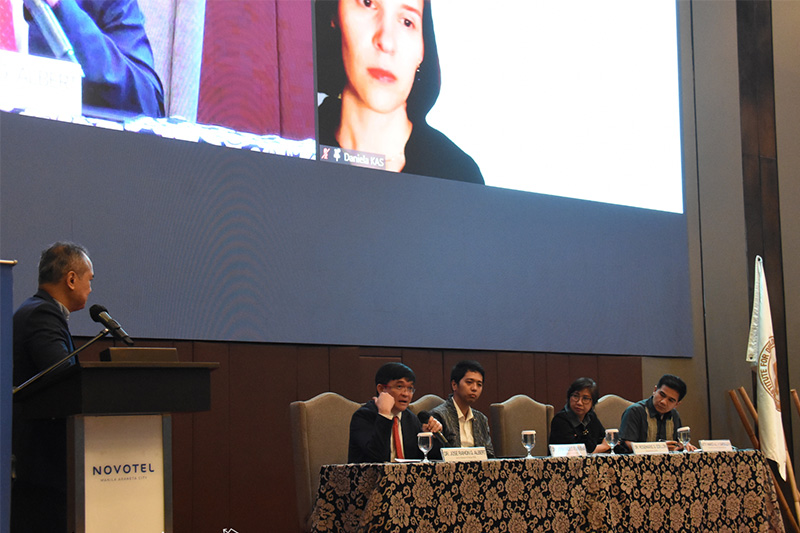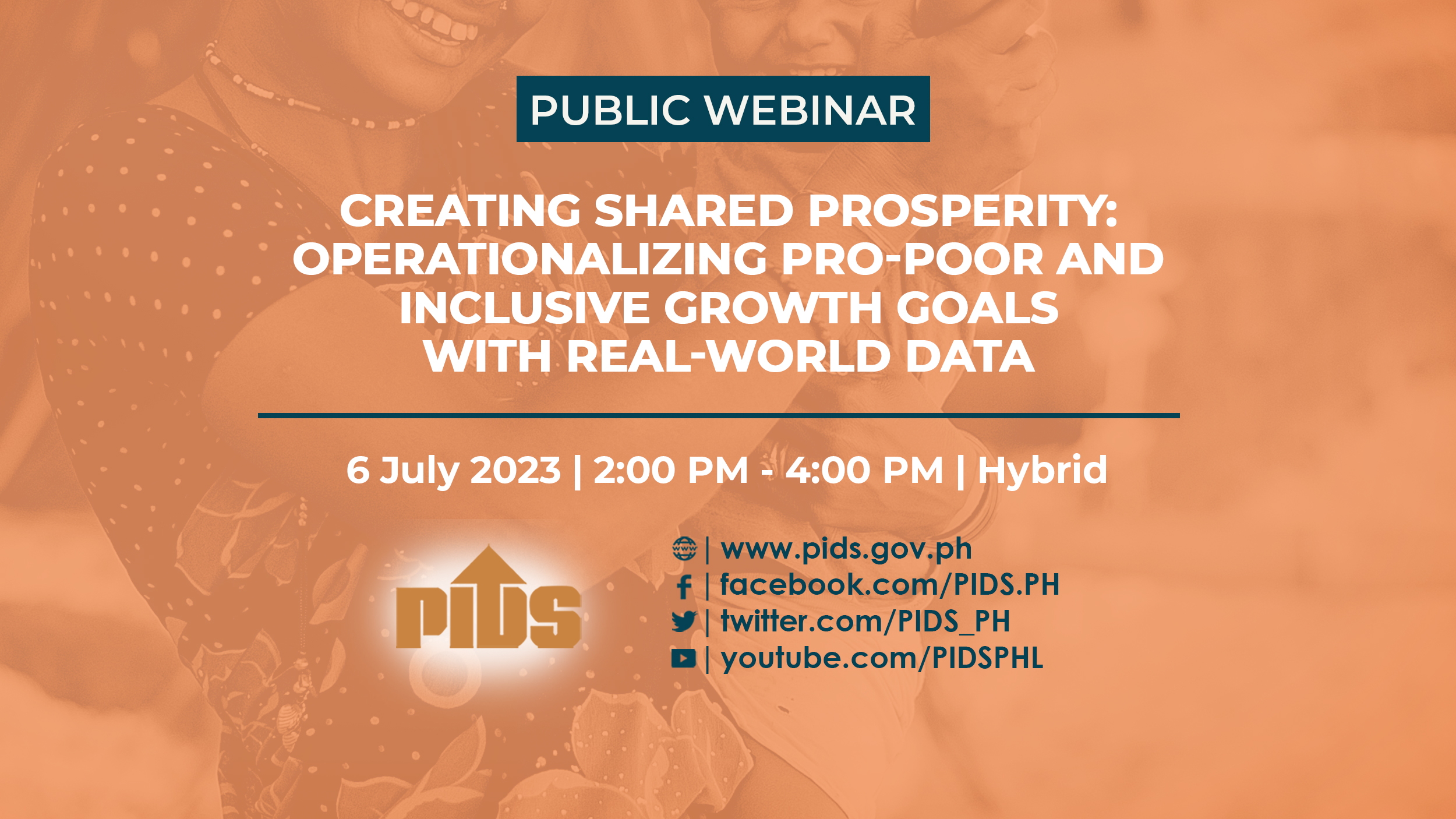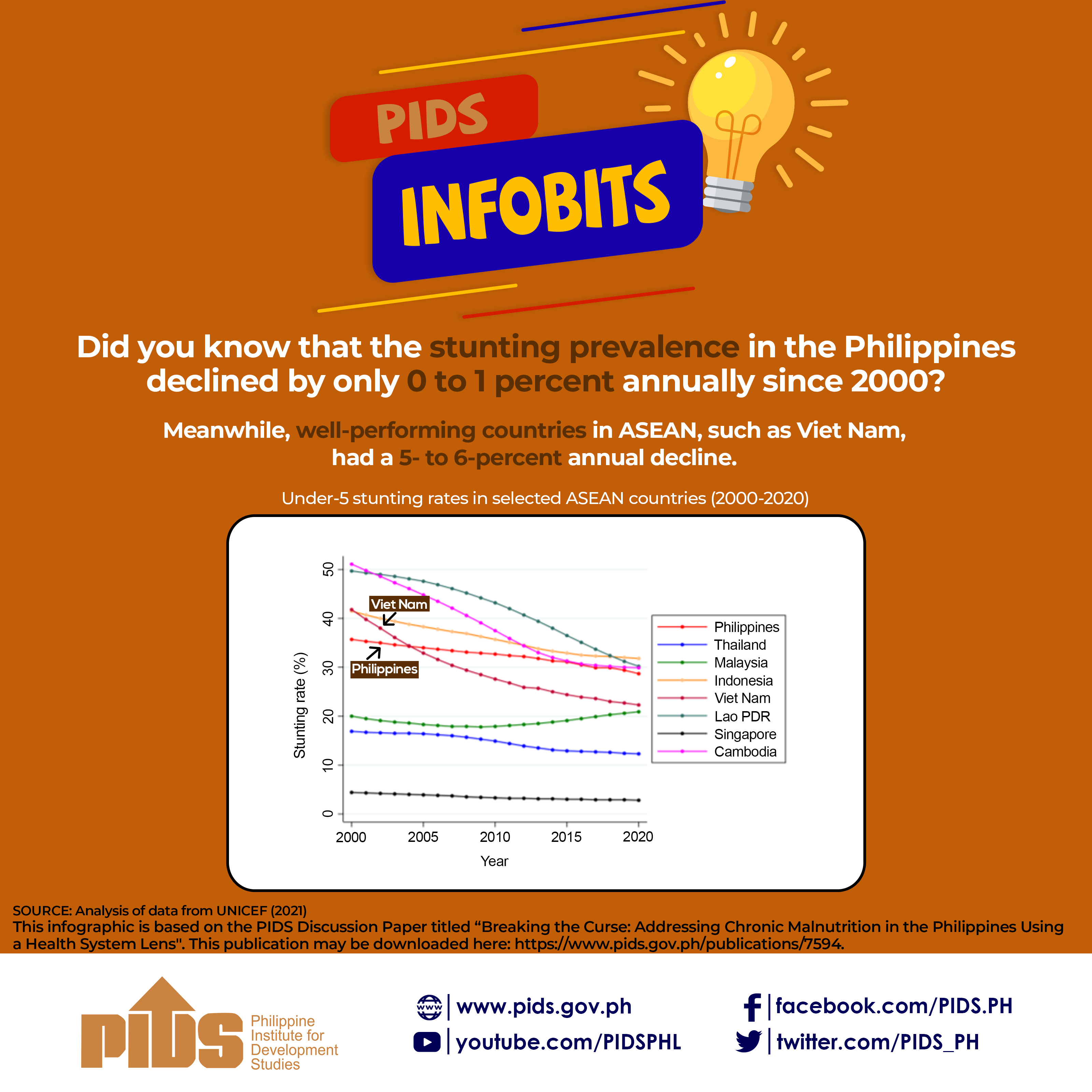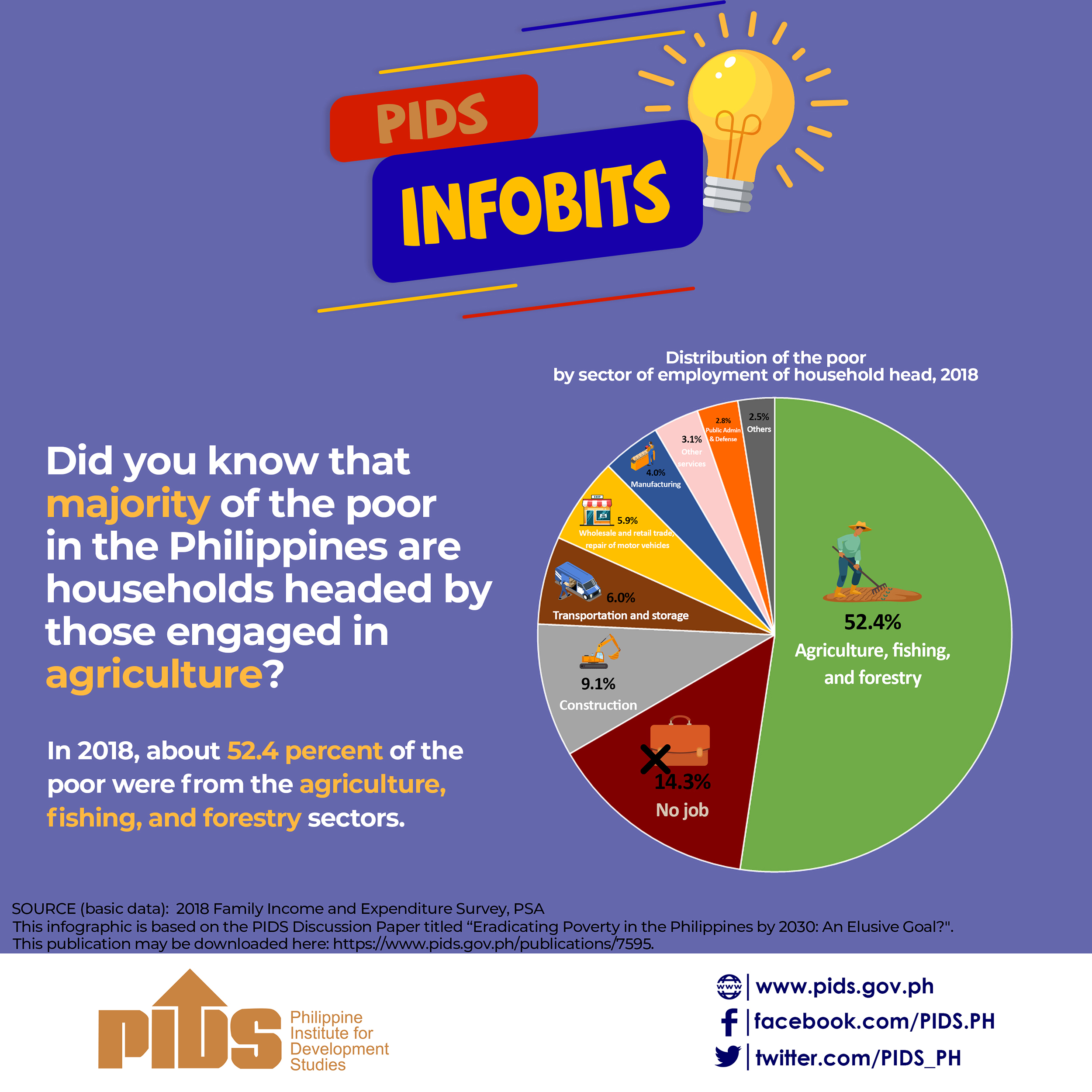WITH LESS than a year before the end of the Aquino administration, the government has yet to implement strategic programs for the chronic poor, who are unable to meet conditions that would allow them to benefit from anti-poverty programs.
There are no strategic programs targeting the chronic poor, Fernando T. Aldaba, dean of Ateneo de Manila University (ADMU) School of Social Sciences, said at a forum in Makati City entitled the Aquino’s Last Mile: Ramping Up and Sustaining ‘Daang Matuwid.’
Among the programs for the chronic poor should include an unconditional cash transfer and measures in health, education and livelihood, the economist noted. According to recent estimates of the Philippine Institute for Development Studies, members of the chronic poor comprise 11.1% of the population and most of them -- at 85.8% -- live in rural areas. The sector experiences "a state of impoverishment over an extended period of time.
Mr. Aldaba acknowledged that the government’s conditional cash transfer (CCT) program -- which gives money to poor families as long as they keep their kids in school, among other conditions -- has done relatively well.
The next administration should continue the CCT program as it is a long-term human capital investment so the next administration should continue it.
Right now, we’re seeing partial effects, we have to sustain it, he said.
Some 4.4 million household-beneficiaries are currently registered under the CCT program.
Beneficiaries receive a P500 health grant per household every month and P300 education grant per child every month for ten months.
But the program remains unable to cover the chronic poor since they lack the ability to meet its conditions.
Mr. Aldaba also said that President Benigno S. C. Aquino III has not convened the NAPC (National Anti-Poverty Commission) ever.
Mr. Aldaba said it is important to convene the NAPC because you want to know the programs they need since there are representatives from the poor sector in the said commission.
Mr. Aldaba outlined four "urgent concerns that the next administration should address: underemployment, chronic poverty, hunger mapping, and vulnerability.
Meanwhile, Calixto V. Chikiamco, Foundation for Economic Freedom president, also identified five arrows that will address widespread poverty in the Philippines.
During the Makati event, he said that the government should be open to foreign investment; modernize labor rules and regulations; increase agricultural productivity; bring about a competitive exchange rate; and undertake institutional reform.

